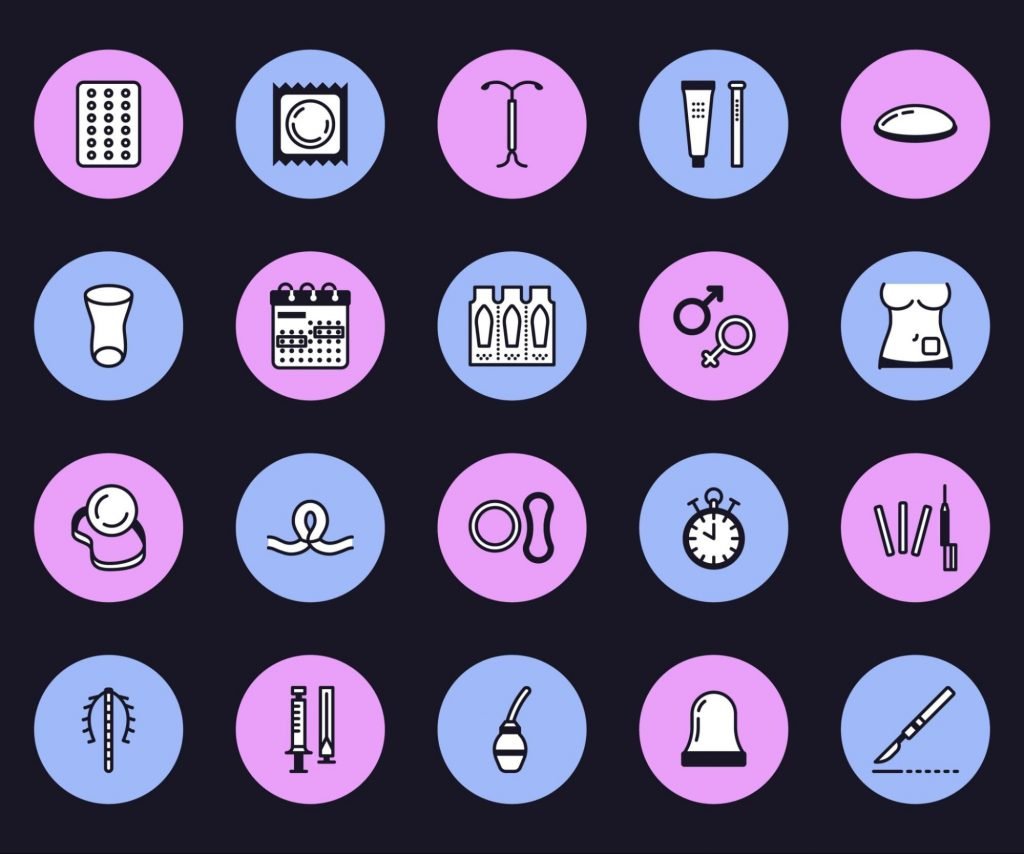
A vasectomy is a surgical procedure that cuts off the supply of sperm to the semen by cutting and sealing the vessels that carry the sperm. This procedure is one of the most common forms of permanent birth control in the United States. It is estimated that 50 million men worldwide have received a vasectomy. In the past, we have given an overview of what you can expect from your vasectomy, but today we wanted to provide more information on how a vasectomy compares to other forms of birth control. Read on to learn important statistics on effectiveness, cost, and more.
Effectiveness
When a man, whether or not he’s in a relationship, decides that additional children, or any children, are not a part of future plans, a vasectomy is a permanent and effective form of birth control. When compared to other popular forms of birth control, such as the pill and condoms, a vasectomy is the most effective method. When it comes to statistics, the average failure rate for condoms ranges from 2-18%, the failure rate for the pill is about 2-9%, while a vasectomy only has a failure rate of .15%.
Cost
Some men may shy away from the idea of a vasectomy because they assume it’s an expensive surgical procedure, but you may be surprised to find that comparatively, a vasectomy is one of the most affordable options. Condoms may seem like the most affordable option on the surface, but these single-use contraceptives add up over time. The average annual cost of condoms is around $170 and the average cost for a year of birth control pills is around $600, while a vasectomy can be broken down to only about $86 per year over the span of ten years.
Side Effects
Another significant reason men choose not to get a vasectomy is that they’re afraid of the operation and its potential side effects. It’sIt’s important to note that a vasectomy is a minimally invasive procedure with minimal downtime required. It is also has a very low incidence of complications or side effects. While some of the most common side effects include mild discomfort, bruising, or swelling, some of the more rare side effects include infection, bleeding, and fluid in the testicles. Condoms carry the risk of a latex allergy, and oral contraceptives typically have a variety of side effects ranging from nausea, headaches, and irregular periods to blood clots, depression, and other serious conditions.
Benefits
The primary benefit of condoms is that they prevent STIs and AIDs in addition to pregnancy. While the benefits of the pill range from woman to woman, they can help clear acne, reduce the risk of ovarian cancer, and help women have lighter, less painful periods. A vasectomy does not have any long-term side effects, does not diminish sexual pleasure, and is a highly effective form of birth control. Of course, if you would like to have more children, a vasectomy is not recommended, but vasectomy reversals are possible.
Make an Appointment
For questions about the male reproductive system or to schedule a service with one of our providers, contact Alliance Urology Specialists today. Our team has years of experience treating issues pertaining to the urinary tract, male infertility, pelvic floor dysfunction, and more. Alliance Urology Specialists offers a wide array of treatments and in-office procedures, including vasectomy. If you have questions about how a vasectomy compares to other contraceptives, or to make an appointment, please call our office in Greensboro at (336) 274-1114.

